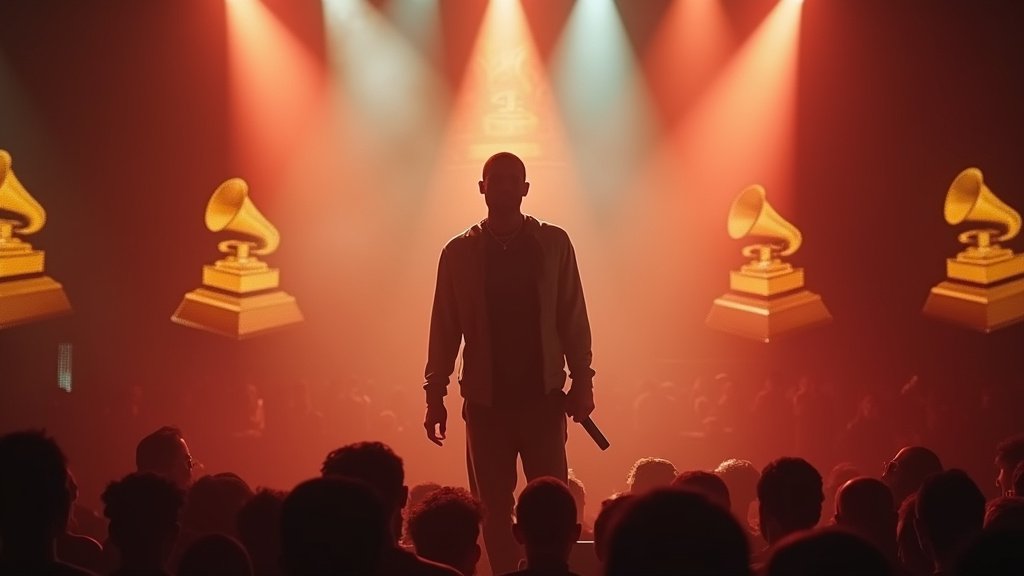WASHINGTON D.C. – Federal authorities have launched a significant legal offensive against a prominent ticket reseller, alleging that the company illegally amassed hundreds of thousands of tickets to major entertainment events, including those for global music artist Taylor Swift’s blockbuster Eras Tour, and resold them at inflated prices. The Federal Trade Commission (FTC) filed a lawsuit in the U.S. District Court for the District of Maryland on August 18, 2025, accusing Key Investment Group (KIG) and its affiliates of violating the Better Online Ticket Sales (BOTS) Act and the FTC Act. This news marks one of the most robust enforcement actions under the BOTS Act since its enactment in 2016.
The Heart of the Allegations: Circumventing Ticket Limits
The lawsuit details a sophisticated operation orchestrated by Maryland-based Key Investment Group, which also operates under names such as Epic Seats, TotalTickets.com LLC, and Totally Tix LLC. The FTC alleges that between November 2022 and December 2023, KIG purchased at least 379,776 tickets from Ticketmaster, spending nearly $57 million. These tickets were then resold on secondary marketplaces for approximately $64 million, generating substantial profits.
The core of the FTC’s complaint centers on KIG’s alleged circumvention of Ticketmaster’s posted ticket purchasing limits and security measures. KIG is accused of deploying a range of deceptive tactics, including the use of thousands of fictitious or purchased Ticketmaster accounts, thousands of virtual and traditional credit card numbers, proxy or spoofed IP addresses, and SIM boxes to receive verification codes. These methods allowed them to bypass safeguards designed to prevent bulk purchasing by resellers.
Targeting American Icons: Swift and Springsteen Tickets
The sheer scale of KIG’s alleged operation particularly impacted high-demand events, most notably the Eras Tour of American pop superstar Taylor Swift and concerts by rock legend Bruce Springsteen.
For Taylor Swift’s Eras Tour, the FTC claims KIG acquired 2,280 tickets across 38 concerts between March and August 2023, ultimately netting over $1.2 million in profit. A striking example highlighted in the complaint details how, for a single Taylor Swift concert on March 25, 2023, at Allegiant Stadium, KIG allegedly used 49 different accounts to purchase 273 tickets, dramatically exceeding the six-ticket purchase limit per event. This single event alone generated $119,227 in revenue for the reseller.
Similarly, for a Bruce Springsteen show at MetLife Stadium in 2023, despite a four-ticket limit, KIG allegedly purchased and resold over 1,500 tickets, making $20,900 in profit.
The Trump Administration’s Stance and Broader Implications
This lawsuit is notably tied to a broader federal push to address consumer concerns in the ticketing industry. FTC Chairman Andrew N. Ferguson explicitly stated that the agency’s action aligns with President Trump’s March executive order. This order directed the Attorney General and the FTC to ensure competition laws are rigorously enforced in the concert and entertainment sector, signaling a major crackdown on predatory ticket reselling practices.
Key Investment Group, through its executives Yair D. Rozmaryn, Elan N. Rozmaryn, and Taylor Kurth, is prepared to vigorously defend itself against the lawsuit. KIG had, in fact, filed its own lawsuit against the FTC in July, contending that the FTC is misinterpreting the BOTS Act. The company argues that its practices do not involve automated software or ‘bots’ and that Ticketmaster was reportedly aware of, and even “expressly and impliedly authorized,” their use of multiple accounts. KIG asserts that the FTC’s interpretation threatens to dismantle the legitimate secondary ticket market and further consolidate power within the industry’s largest monopolies.
The FTC is seeking permanent injunctions to prevent future violations by KIG and is pursuing civil penalties for each alleged breach of the BOTS Act. The outcome of this case could set a significant precedent for the future of online ticket sales, shaping how regulators police the secondary market and potentially influencing the pricing and accessibility of tickets for music and other live events for fans across the American landscape.
This legal battle underscores the ongoing tension between primary ticket vendors, resellers, and consumers, particularly in the wake of widespread frustration over ticket access for tours by top artists.





